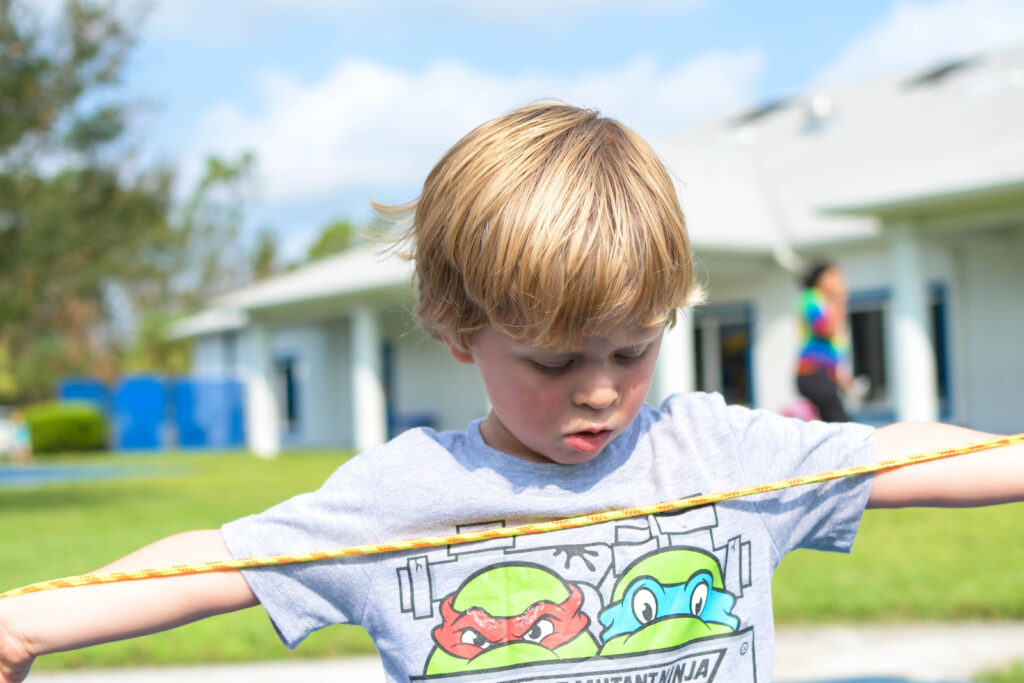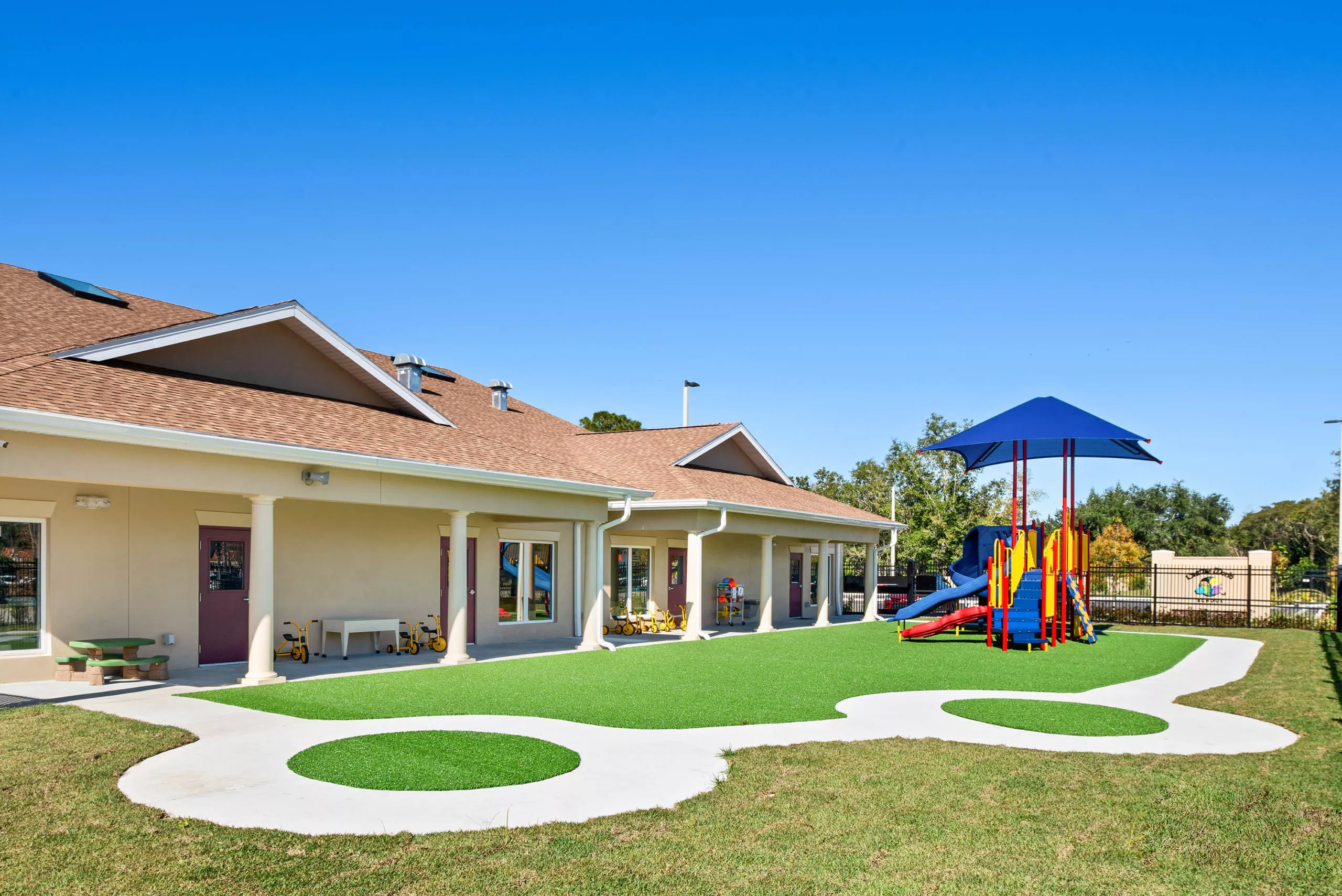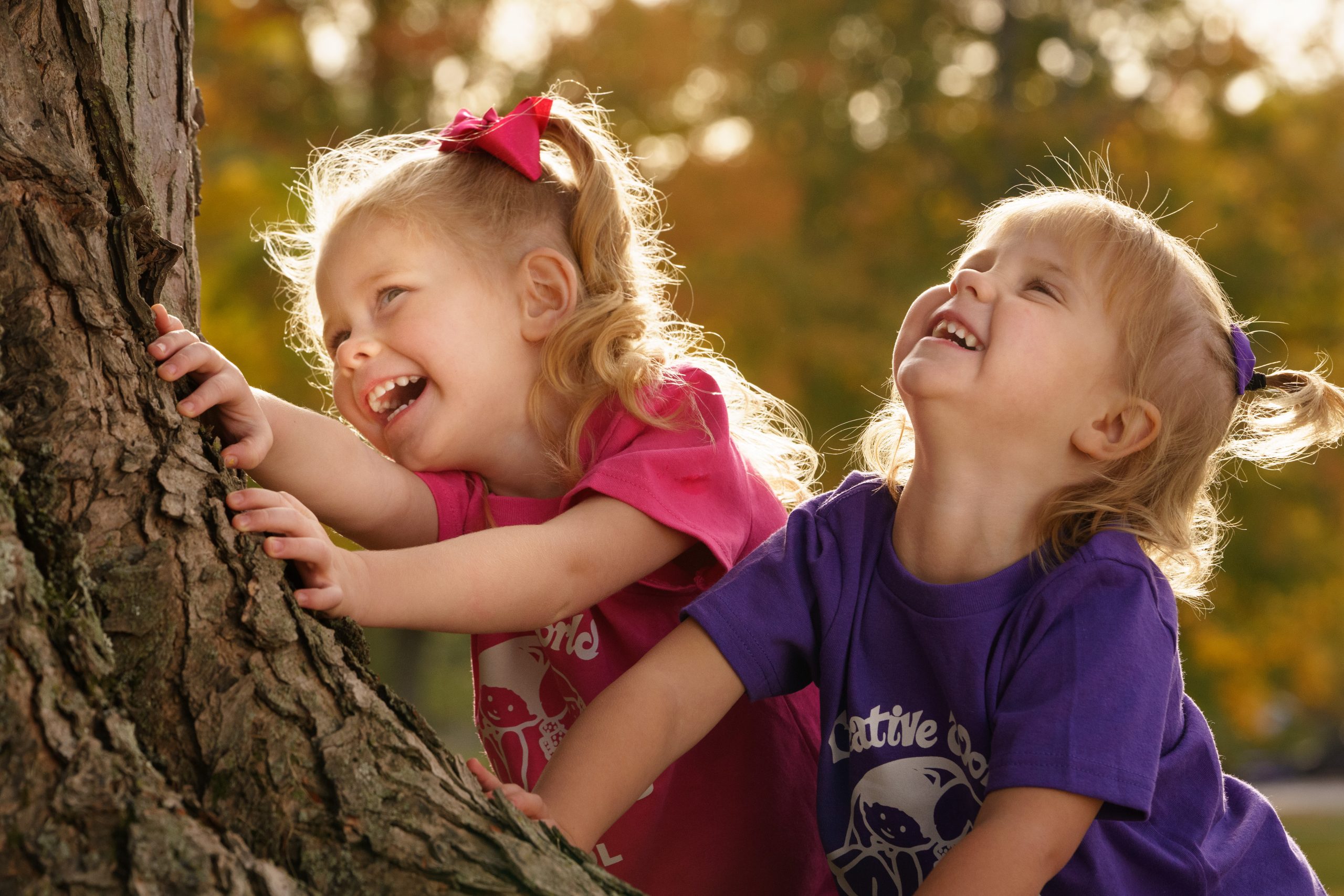
How to React When Your Child Makes Mistakes
Creative world school Sep 26, 2018Every Child Makes Mistakes….
Whatever stage our children are in developmentally, making mistakes is an intrinsic element of growth. Thankfully, our general understanding of development – and some expert voices – have lent themselves to an enhanced parental understanding that our children WILL make mistakes… and that it is OK.
Carol Dweck, one of the pioneers of The Growth Mindset explains,
My advisee and research collaborator Kyla Haimovitz and I are finding many parents who endorse a growth mindset, but react to their children’s mistakes as though they are problematic or harmful, rather than helpful. In these cases, their children develop more of a fixed mindset about their intelligence.
The way we as parents react to the mistakes our children make can set an enormous precedent for how they interpret mistakes and their willingness to risk making them again.
Mistakes make us feel small. And when you are already small, that feeling can be amplified and overwhelming. Dr. John Bucket from Harvard Medical School said that “Learning to control anger and frustration are the building blocks for coping in life.” We in Early Childhood Education call it “executive function” and it has to do with the developing self-control and social-emotional skills our little ones are learning.
So, self-evaluate: how do you deal with your children’s mistakes? Whether as an educator or a parent, our varied reactions can make or break the spirits of our little ones.
DON’T RUSH TO CORRECT
Natural consequences are powerful. Especially when they are young, knowing that when you hit someone they might hit you back is a valuable life lesson. While we protect our children from physical danger, the voice of nature instructing our children through cause and effect can be powerful enough… without our commentary.
LISTEN BEFORE LABELING
When your child makes a mistake in front of you or you learn of it, don’t immediately lead with “that was wrong” or even, “why was that wrong?” Instead, seek to understand: “what happened?” Let your child review the experience in their own words (as much as they’re able). Failing doesn’t make you a failure!
FOCUS FORWARD: WHAT’S NEXT?
Now that you’ve reeled in your reaction and thoroughly understand, engage in your coaching moment: now what? The mistake has been made, okay… now is the time to encourage your child through some reflection and consideration of how to act differently to get a different outcome next time.
Your child’s ability to cope with making mistakes effects their initiative, outspokenness, bravery, and confidence. Those traits are worth a few skinned knees and spilled dinner trays!
“Failure is the opportunity to begin again more intelligently.” (Benjamin Disraeli)






